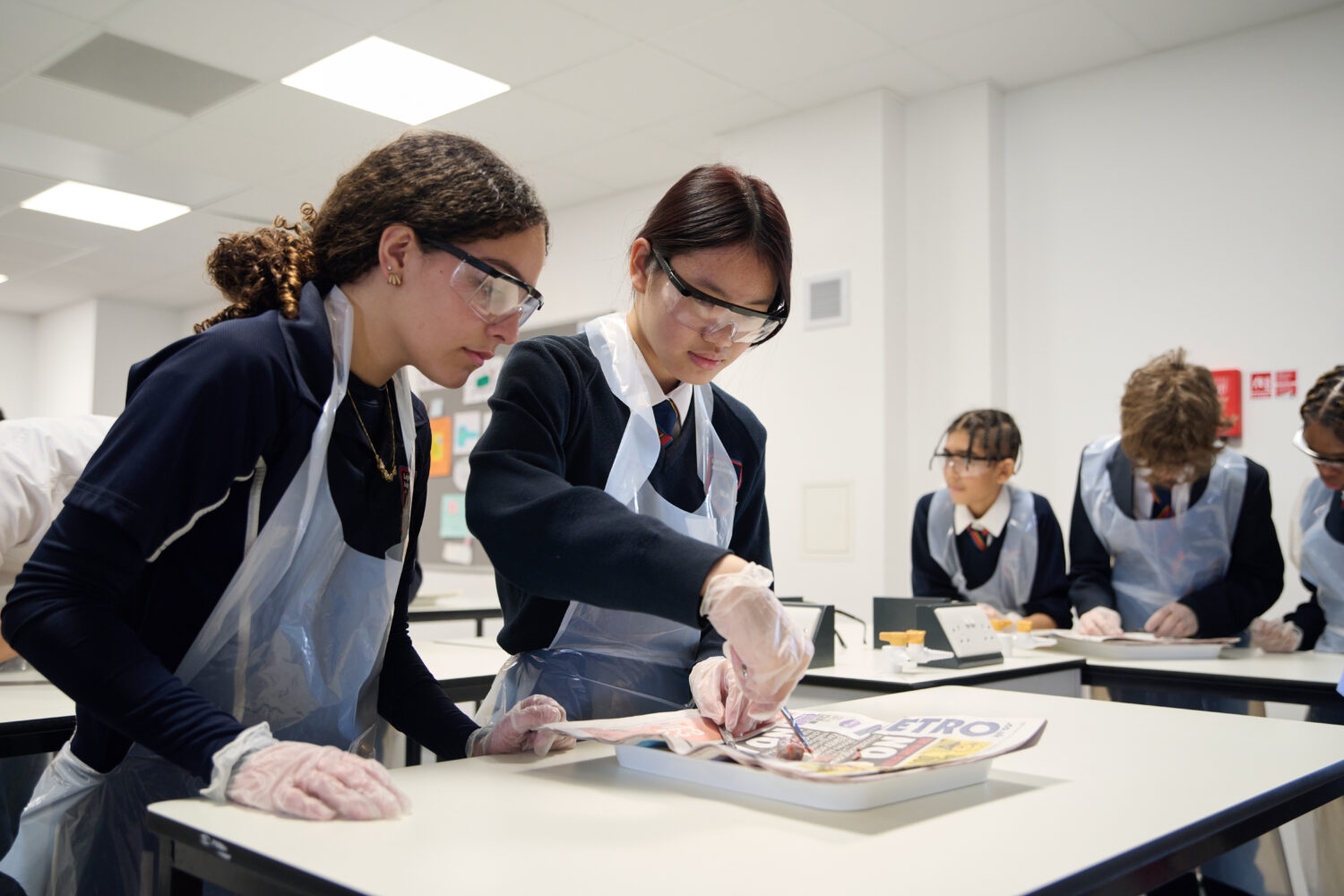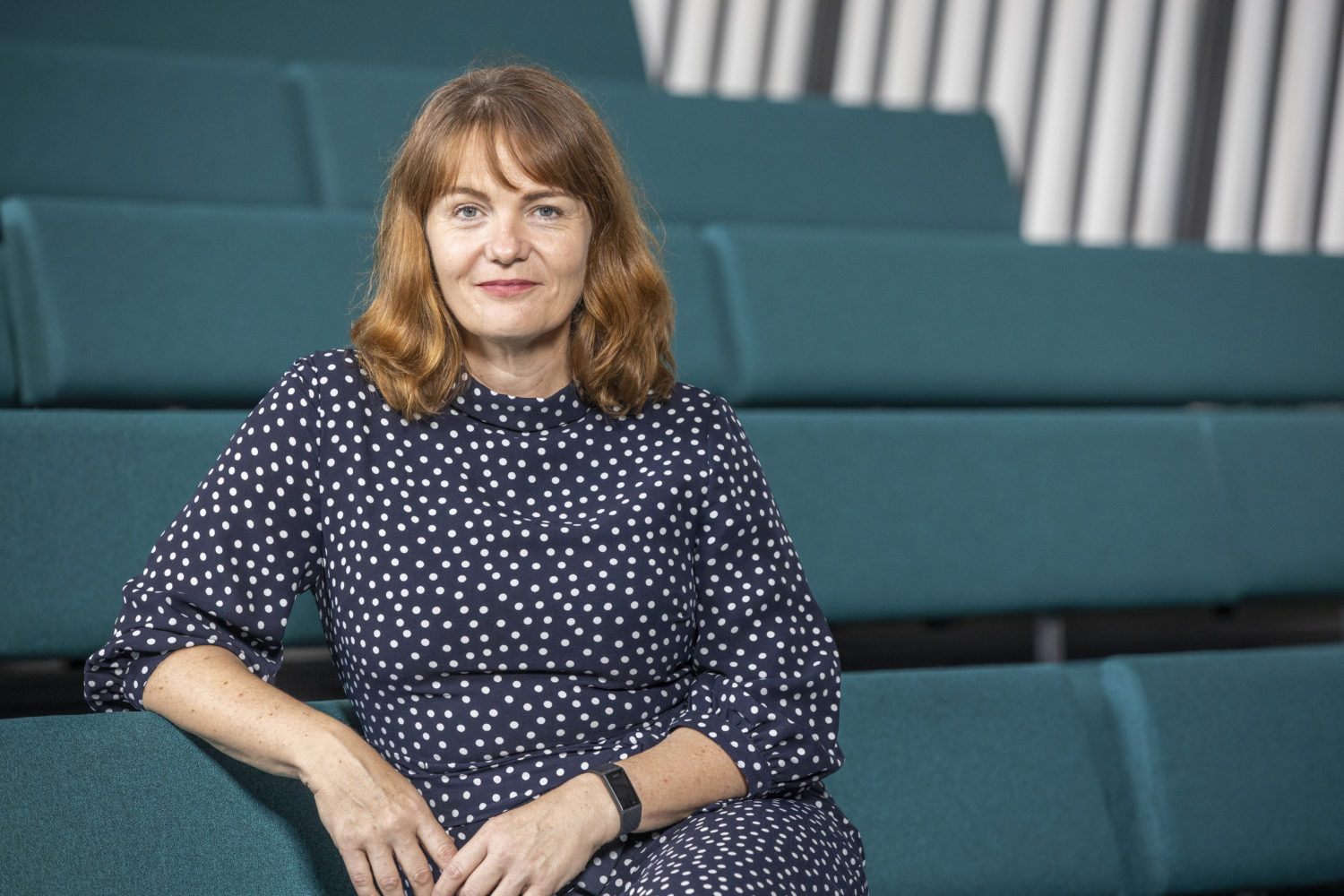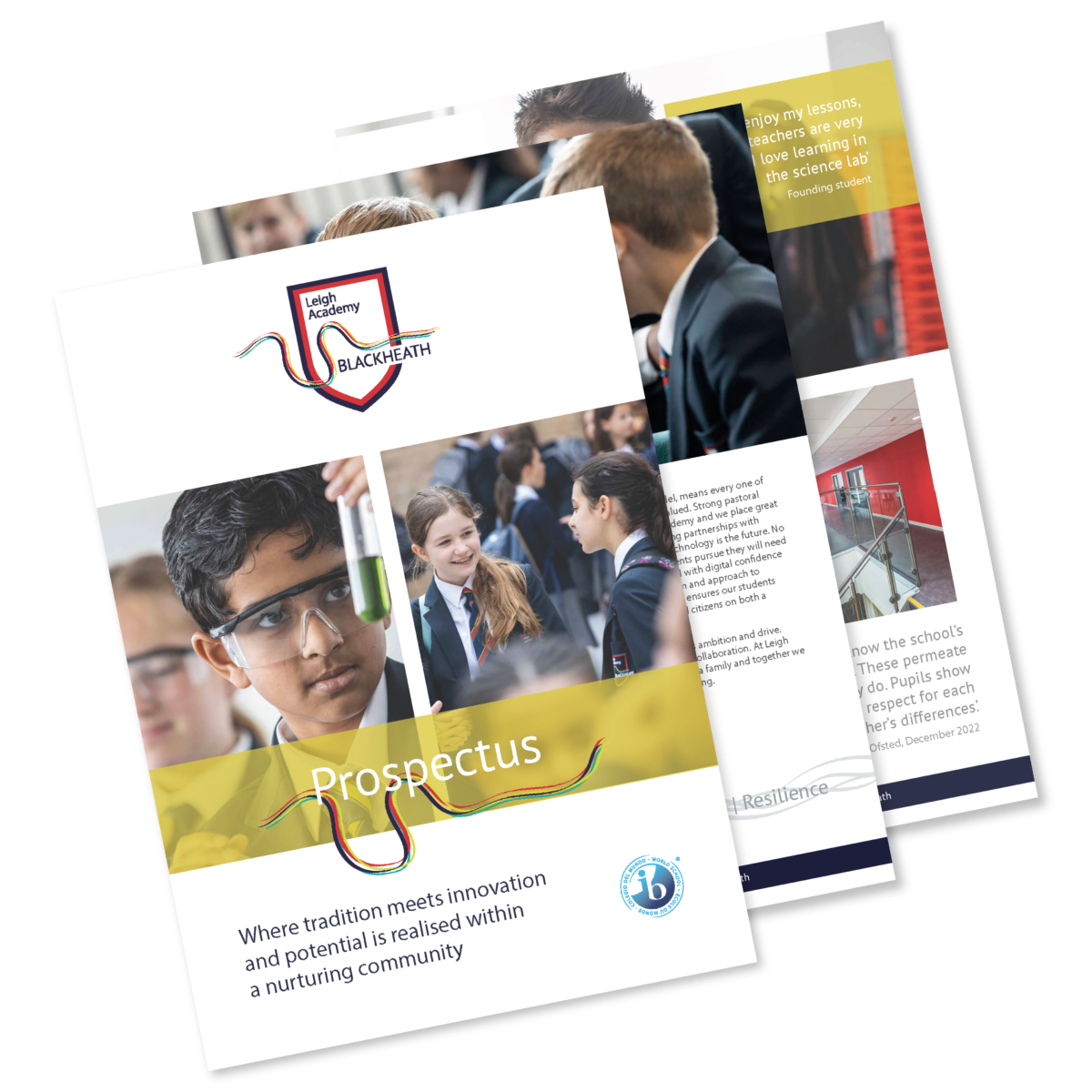Why Choose Leigh Academy Blackheath?
Judged by OFSTED as Outstanding in December 2022, Leigh Academy Blackheath is a place where tradition meets innovation and potential is realised within a nurturing community. Our purposeful and multi-disciplined learning environment creates a climate where students not only acquire knowledge, but also master the essential problem-solving and critical skills needed to succeed and lead in the 21st century. Our community is collaborative and, together, we ensure our students develop into powerful citizens for a digital future.
We believe in building strong partnerships with parents and carers, working closely together to ensure all learners succeed. We pride ourselves on the positive working relationships we form at Leigh Academy Blackheath, not only between students and teachers but also between the academy and home.
By applying to Leigh Academy Blackheath, you also become part of Leigh Academies Trust.
The Trust was formed in 2008 with the linking of the Leigh Technology Academy and Longfield Academy under one governing body. Today, we encompass more than 20,000 students between the ages of 2 months and 19 in 33 primary, secondary and special academies including one all-through academy and one grammar school.
We believe that every learner is entitled to an enriching, varied and personalised education; delivered through a broad and balanced curriculum that provides challenge, irrespective of need, starting point or background. Our commitment to maximising the potential of every child; teaching them the skills they need to be successful and nurturing a desire to be a lifelong learner, will prepare them for whichever career path they choose to follow. At Leigh Academy Blackheath we inspire our learners to go beyond what they are taught and seek what they do not yet know.
Our strong learning community works together and shares the value of collaboration; every member of our academy family works together to achieve success cultivating a strong sense of belonging. Our belief in ‘human scale’ education, delivered through a ‘schools within schools’ model, means every one of our students is known and valued. Strong pastoral care is at the heart of our academy and we place great importance on building strong partnerships with parents and carers.
Digital technology is the future. No matter what career our students pursue they will need to perform, succeed and lead with digital confidence and expertise. LAB will create and deliver a curriculum and approach to teaching and learning which ensures our students develop into powerful digital citizens on both a national and a global scale.
Our inclusive community has ambition and drive. We embrace challenge and collaboration. At Leigh Academy Blackheath we are a family and together we cultivate a culture of belonging.
Where tradition meets innovation and potential is realised within a nurturing community.
- Ambition
- Resilience
- Integrity
- Respect
- Scholarship









